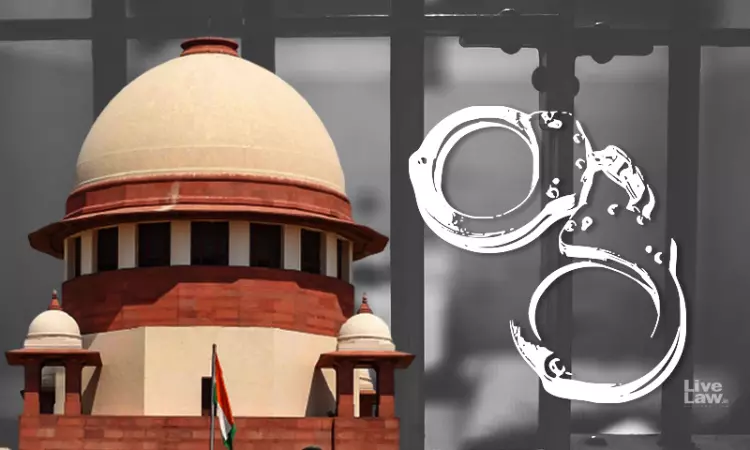Supreme Court Suggests Open Air Prisons As Solution To Overcrowding Of Prisons, Cites Rajasthan Model
Mehal Jain
9 May 2024 7:45 PM IST

Next Story
9 May 2024 7:45 PM IST
The Supreme Court on Thursday observed that one of the solutions for overcrowding in prisons can be establishing open-air prisons/camps, and that it will also address the issue of rehabilitation of prisonersThe bench of Justices B. R. Gavai and Sandeep Mehta was hearing a 2020 PIL by Suhas Chakma in this connection. “The prisoners go out to the community, they earn their living and then...
